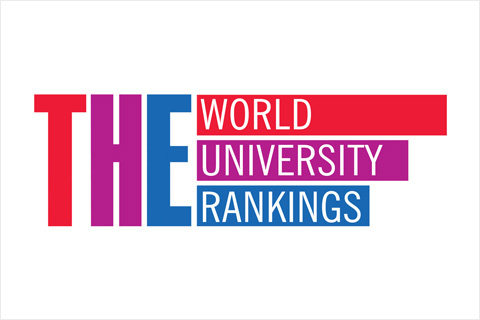A group of hackers has taken responsibility for a cyberattack that disrupted internet connectivity at the universities of Cambridge and Manchester, reportedly citing the “UK’s continued support for Israel”.
Systems were affected at the University of Cambridge and the University of Manchester, with internet access impacted and email systems delayed.
The disruption is reportedly the latest attack by Anonymous Sudan, a notorious hacktivist group that has previously caused widespread outages on X, formerly Twitter.
It disrupted internet connectivity at UK universities “because of the UK’s continued support of Israel” in the Gaza conflict, according to Joe Tidy, the BBC’s cyber correspondent.
In a post on X, he said the hackers had targeted these universities specifically “because they are the biggest ones” they could find.
Cambridge reported a malicious denial of service attack that made internet access intermittent.
The Clinical School Computing Service, which provides IT services to staff and researchers in the university’s clinical school and beyond, said the disruption was largely over by 20 February but some systems were still affected.
According to the university’s student newspaper, Varsity, Stuart Rankin, the head of user services at the university’s research computing services centre, revealed that the incident was a distributed denial of service (DDoS) attack.
In an email, Dr Rankin described it as a “deliberate flood of data generated by a large number of compromised machines on the internet”.
Manchester said IT services were made aware of network connectivity problems on 19 February, which it later learned were caused by a cyber incident affecting both the university and its network provider.
With the availability of remote internet access affected, staff and students were initially advised to travel to campus to access university systems.
But in a post on X, the university said internet connectivity had stabilised overnight and off-campus access had been restored.
“We continue to work closely with our partners, including [the digital agency] Jisc, to continue to resolve any outstanding issues as quickly as possible and are continuing to monitor the situation today,” it said.
Despite its name, Anonymous Sudan is believed by experts to be unrelated to either the global hacking organisation Anonymous or the country of Sudan. Instead, it has been linked to pro-Russian hacktivist collectives, with suggestions that it is funded by the Kremlin.
A Cambridge spokesman said: “The intermittent network access issues experienced by some users at the University of Cambridge in the last 24 hours have been resolved, and normal service should now be restored for centrally managed IT services.”
A spokesperson for Jisc, the UK’s higher education IT consortium, said that while disruption has been largely contained, the scale of the attack might also have impacted other institutions.
“Our dedicated cybersecurity incident response team is working directly with all affected organisations to mitigate the impact and protect against further disruption,” they added.
请先注册再继续
为何要注册?
- 注册是免费的,而且十分便捷
- 注册成功后,您每月可免费阅读3篇文章
- 订阅我们的邮件
已经注册或者是已订阅?

